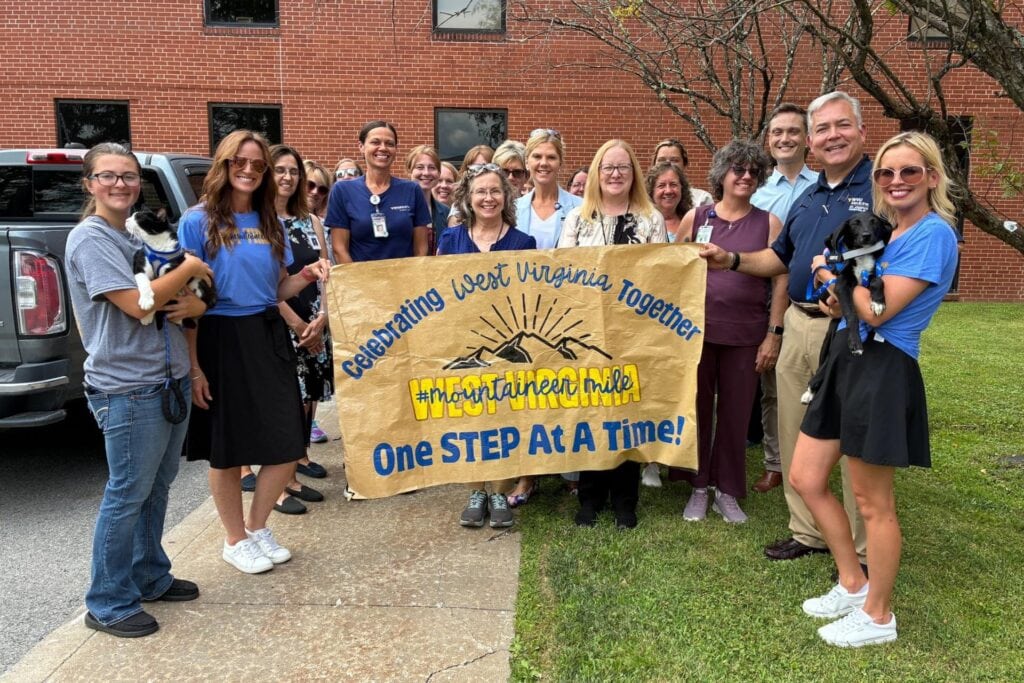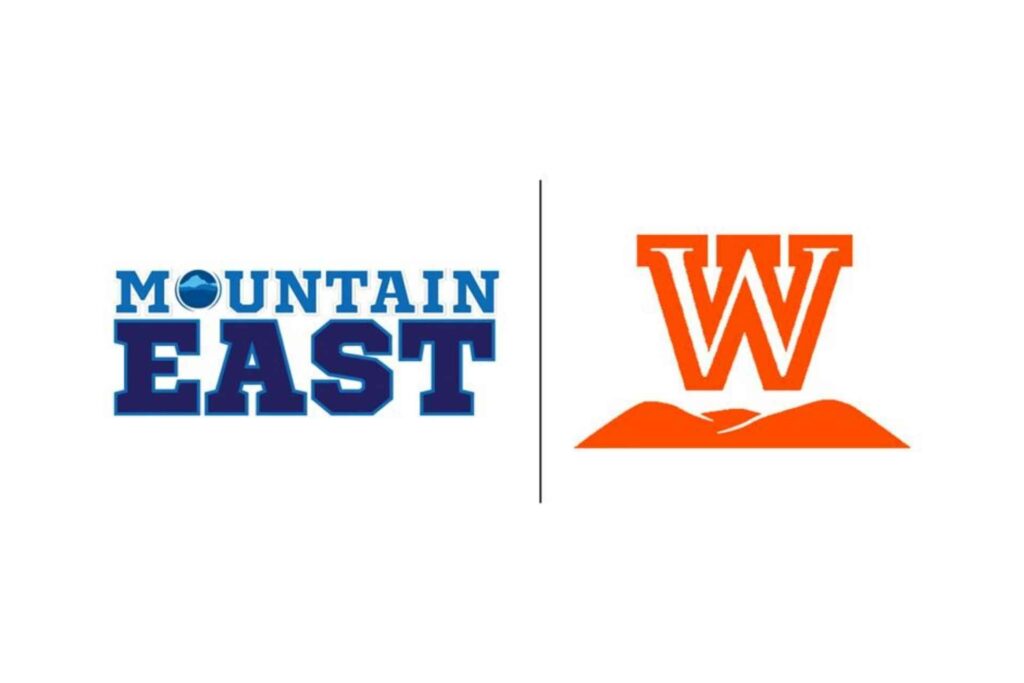RICHWOOD, W.Va. – A ceremony commemorating 20 years of partnership between the West Virginia Division of Natural Resources (DNR) and the Weyerhaeuser Company, which has directly improved the environment for aquatic life in the area, is scheduled for Thursday, May 23, 2019.
The event will begin at 10 a.m. up the South Fork of the Cherry River near Richwood. Weyerhaeuser is the largest private landowner of native brook trout streams in the state.
Executives and staff of Weyerhaeuser, the DNR and other state government agencies, as well as Richwood community representatives, will be on hand for the signing of a renewal of a Memorandum of Understanding (MOU) between the DNR Wildlife Resources Section and Weyerhaeuser Company that began in 1999.
“Many of these streams were suffering the effects of acid precipitation. In the late 1990s, a previous owner approached DNR for help in treating the water to improve the native and stocked trout fishery,” said DNR Director Stephen S. McDaniel. “In a true partnership, DNR and Weyerhaeuser began working together to initiate an aggressive limestone sand treatment plan to reduce acidity and restore these streams. Now they are among the best fisheries in the state.”
The candy darter, a brightly colored stream fish recently listed as an endangered species, has also benefited tremendously as a result of the reduced acidity of the treated waters.
“Weyerhaeuser strives to be a good corporate citizen and we recognize the importance of these waters to both aquatic life and to anglers,” said Steven Yeager of Weyerhaeuser. “During the past 20 years of this partnership, more than 13,000 tons of limestone have been added to the South Fork of the Cherry River, Laurel Creek, and the upper Gauley River watersheds. This has directly improved conditions in more than 70 miles of streams, and all of the Gauley River, including Summersville Lake.”
The MOU formally commits both parties to continue annual treatments of more than 800 tons of limestone sand and obligates Weyerhaeuser to permit public access for fishing in the treated watersheds.
Federal Aid in Sport Fish Restoration monies and state fishing license revenue provide the DNR’s portion of funding to the program. The Weyerhaeuser Company and its predecessors have contributed more than $200,000 directly to this effort.
More information about this project is available at www.weyerhaeuser.com/sustainability/case-study/improving-fish-habitat/














